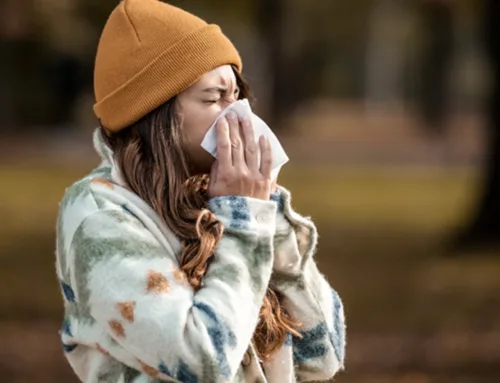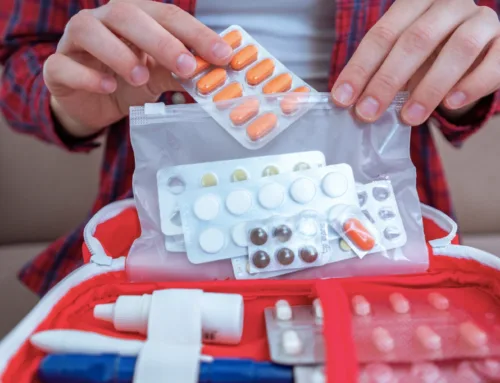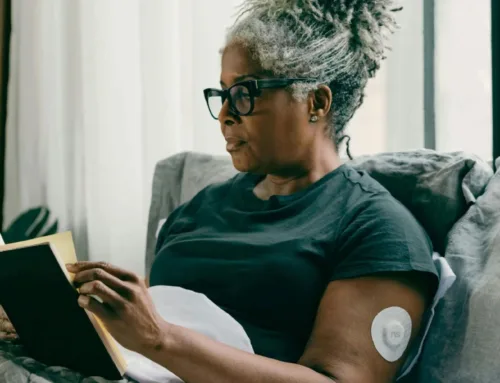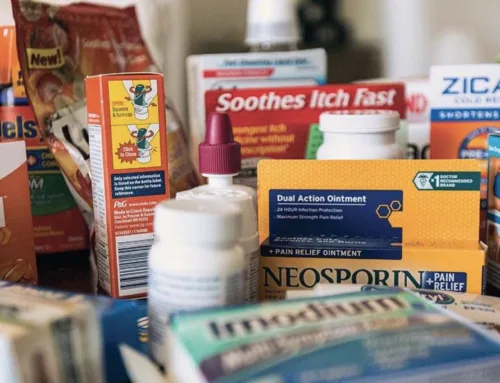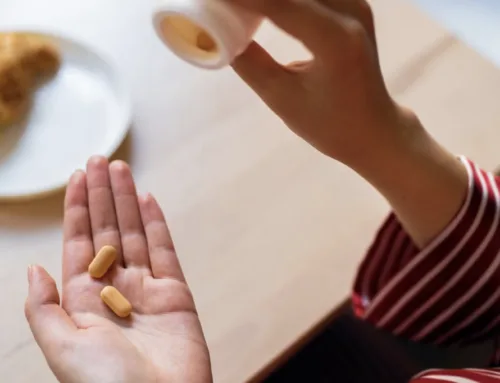As daylight fades, so can your body’s natural defense system. Learn how shorter fall days impact vitamin D production, immune health, and your risk of getting sick — and what you can do to protect yourself.
Your skin produces vitamin D when it’s exposed to ultraviolet B (UVB) rays from the sun. But in Ohio, UVB levels drop dramatically in the fall. That means your body has a harder time producing this essential nutrient.
Vitamin D plays a major role in supporting your immune system. It helps activate T cells — the immune system’s first line of defense. Low vitamin D levels have been linked to increased risk of respiratory infections, including the common cold and flu.
The Science of Seasonal Deficiency
In fall and winter, people tend to spend more time indoors and wear more clothing outside, reducing sun exposure. Studies show that vitamin D levels in people living in northern states like Ohio can drop by as much as 40% between summer and winter.
This seasonal deficiency can lead to increased inflammation, weakened immune response, and greater susceptibility to infections.
Vitamin D and Inflammation
Vitamin D also helps regulate inflammation in the body. Without enough of it, inflammatory responses may become exaggerated. That’s one reason people with low vitamin D levels may experience longer or more severe illnesses during cold and flu season.
How to Support Vitamin D Levels in the Fall
- Spend time outdoors when the sun is highest (usually midday)
- Eat vitamin D-rich foods like salmon, egg yolks, and fortified dairy products
- Consider a high-quality vitamin D3 supplement (ask your pharmacist for guidance)
- Have your levels tested if you’re experiencing fatigue, frequent illness, or muscle weakness
Talk to Your Local Pharmacist
At Toledo Family Pharmacy, we can help you choose the right supplement to support your immune health. We also offer guidance on dosing, interactions, and how to build vitamin D into your daily routine.
If you’ve been feeling more tired, run-down, or sick this fall, your vitamin D levels might be part of the puzzle. Let’s work together to keep your immune system strong through the season and beyond.
Stay tuned for more fall and winter wellness tips from your local health experts!




